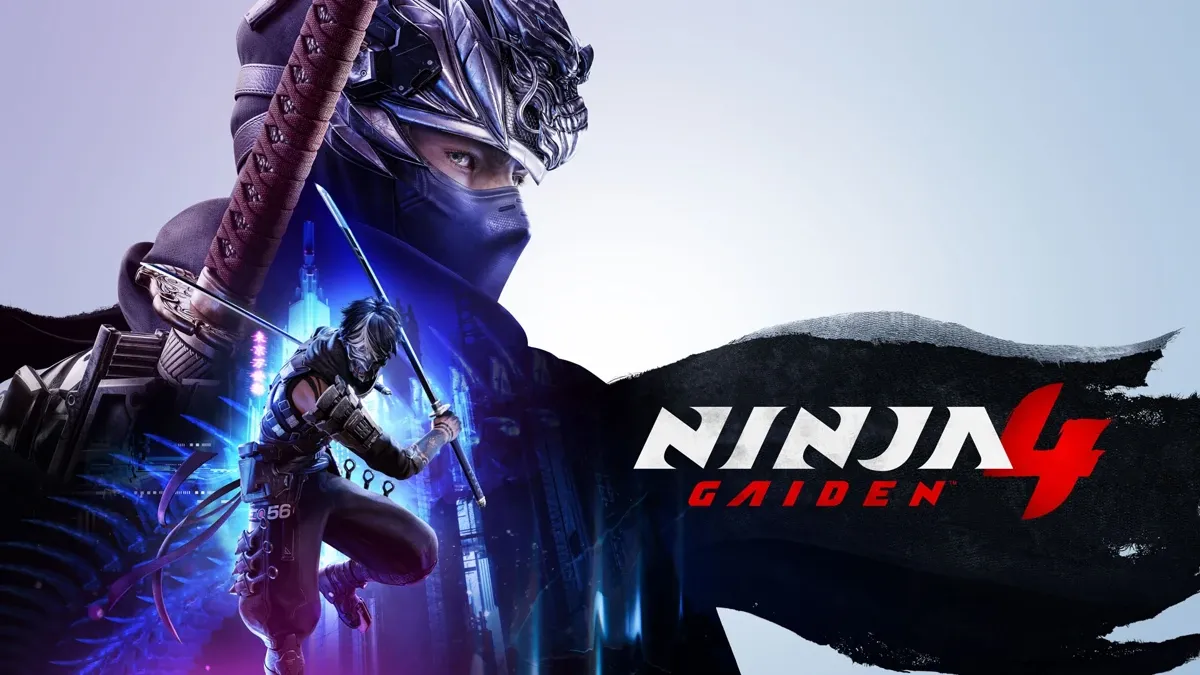★★ | Boo-lan
Delayed for over six months due to the COVID-19 pandemic, MULAN finally arrives on Disney’s streaming service, almost faded out of memory. Pushed initially as a big-screen epic adventure with exciting set-pieces and colorful visuals, can the remake survive at home without the expansive technology surrounding it?
Visually and stylistically, the answer is yes, for the most part. MULAN is a beautiful picture, with beautiful set and costume design and occasionally terrific acting. But on the small screen, its problems are more pronounced. Namely in the culturally insensitive screenplay, the clunky dialog, horrendously directed action, and just what a dull film it is.
Based on the legend of Hua Mulan, one of China’s great national epics, MULAN is essentially the same tale but lacking in nuance and substance. Mulan, a rambunctious young woman facing forced marriage and tradition, runs off to join the army in her aging father’s stead. There, she proves herself a capable warrior in the war against the Mongols, who seek to destroy China. Superficially, the stories are a match.
Below the surface is where things get messy. MULAN immediately introduces audiences to the Qi, a supernatural force cloaked in mystery, which grants its wielder powerful abilities. Hindered by dishonesty, Mulan must first be true to herself before using her innate magical powers to their full potential.
Except Qi is a real concept, and it has nothing to do with magic. It’s an ethereal understanding of one’s being, something that flows through every person and keeps them healthy. Translating that into something akin to The Force is lazy and reeks of Orientalism, reducing an entire culture to mysticism that powers their kung-fu abilities.
For MULAN, Qi is essentially a level-up for better kung-fu moves. Channeling the undefined power, she leaps through the air as if in a Wuxia film and pummels nameless soldiers like no tomorrow in poorly edited fight scenes. How or why any of this happens is a mystery.
It’s not that mythologizing stories is an inherently bad thing. It’s just not the place for a group of white Americans to do so, especially with another culture. MULAN might have good intentions, and it certainly brandishes the clunky girl-power angle with relish, but that doesn’t guarantee good results. The remake is so flat in terms of story and theme, it makes the original animated version look subtle. The parts it does borrow are exposition, while it oddly drops every bit of whimsy that once stood out.
Gone, for example, is Mushu the dragon, played memorably by Eddie Murphy, and every song with him. But the most notable exclusion is Li Shang, who found life as an LGBT icon in later years.
Shang’s absence is especially troublesome, not least because of how interesting it would be to have the undercurrent depicted in a mainstream film like this. But also because it leaves Mulan without a single foil throughout the picture. Her compatriots are one-dimensional at best, none of whom get any remarkable traits to stand out. A few scenes attempt at a relationship between them, but so late, it’s already impossible to remember their names, let alone destinies.
Not to mention that the film tries to have it both ways by introducing Mulan with a potential love-interest late in the game. It doesn’t go anywhere, but it’s still a particularly distasteful attempt at pleasing the most conservative audiences, which runs counter to the point of the story.
Beyond the clunky narrative, MULAN disappoints with humdrum action and incomprehensible editing. A major set piece involving a clash of armies on open terrain is particularly baffling, containing one of the worst bits of action directing in years. There’s an aggressive adherence to the PG-standard, which leads to a bloodless and emotionless depiction of war. Every instance feels undermined by its inability to commit to even the slightest thing that could upset viewers.
It’s a shame, too, since there are standouts that feel like they’re from a far better film. The incomparable Gong Li and a game Jason Scott Lee are particular highlights. But both are saddled with characters lacking in any personality or backstory. Lee, playing the villain, talks a big game about this being revenge for his father, yet it’s such a moot point it barely registers. Gong Li’s archetypical witch is fun to watch, with some grand visual flourishes that could have become so much more, even as her motivations are iffy at best.
Similarly, Tzi Ma and Jet Li radiate warm charisma, reminding us why they’re such towering presences in cinema. Granted, Li doesn’t get much of anything to do in a thankless supporting role, but it’s a pleasure to see him back on the screen regardless.
MULAN is a film best described as an “if only” production. If only the script had the input from actual Chinese people. If only it didn’t treat the culture, history, and mythology like a cheap prop. If only it allowed its remarkable cast, including legends like Donnie Yen, to do what they do best. If only it weren’t so chained to its past, winking at the animated original at every turn while still terrified of showing whimsy.
Ironically, for a film about being honest with itself, MULAN never reaches that same self-realization. Funny enough, this year saw the release of THE FAREWELL, a brilliant movie with similar themes, also set in China, which dealt with them in a heartwarming and delicate way. Watch that one instead.












